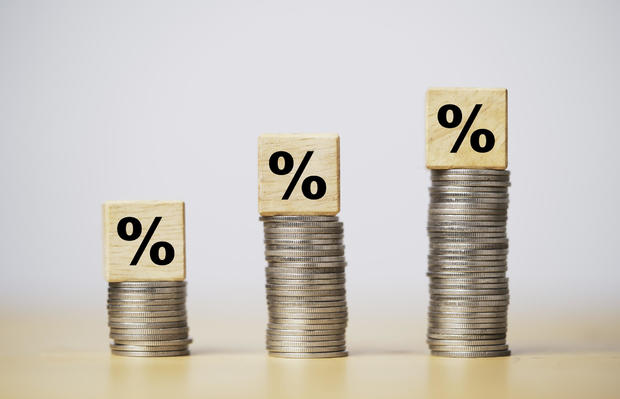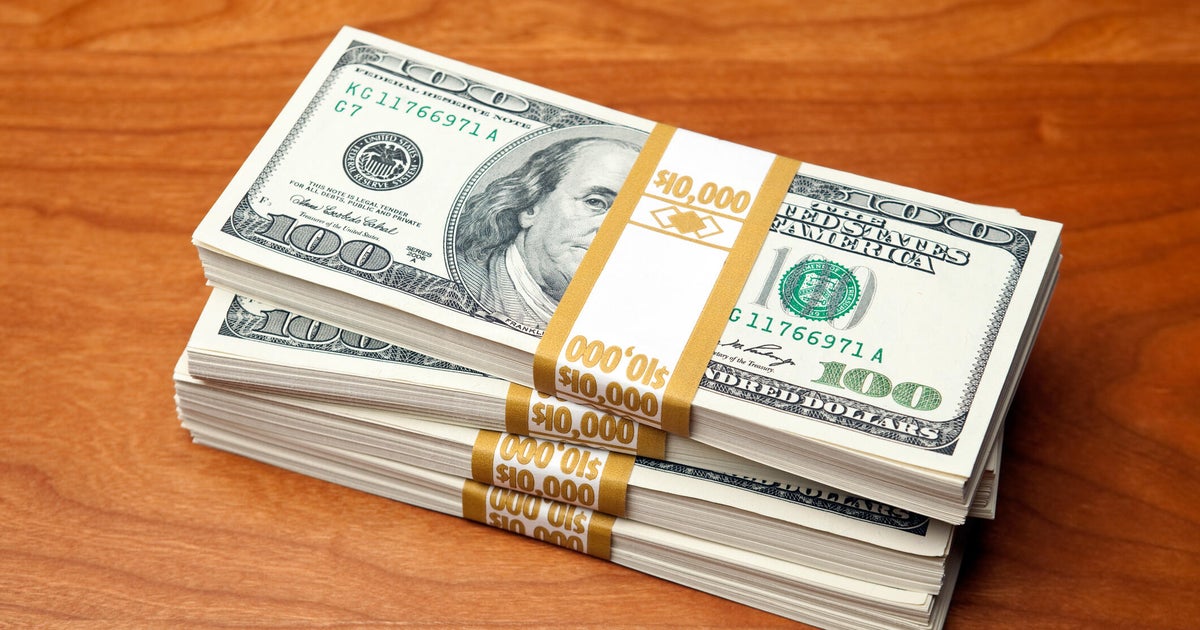What to know about CD interest rates
While inflation and the corresponding attempts to alleviate it have led to a spike in interest rates, the news hasn't been all negative. Yes, current rates have discouraged prospective homebuyers and owners looking to refinance, but they've also sparked interest in traditional deposit vehicles like high-yield savings and certificate of deposit (CD) accounts. Interest rates on these accounts are exponentially higher than you can currently secure with a traditional savings account, making now a great time to act.
As with many financial products, the interest rate is one of the key considerations. To get the most out of this type of account, it helps to know the nuances of CD interest rates.
Start by exploring your options here to see how much more you could be earning.
What to know about CD interest rates
Here are three important things to know about CD interest rates.
Rates are locked
Unlike interest rates on high-yield savings accounts, CD rates are locked in for the duration of the CD's term. So if you can secure a good rate now, it's worth pursuing. Even if economic factors change and the interest rates on these types of accounts dip, you'll still be locked in at the rate you opened the account with.
Just be aware that if interest rates rise, your CD rate won't. So if you think there's a chance you could get a better rate by waiting, carefully weigh that consideration. Or you could open different accounts at different times and ladder your CDs to take advantage of the current rate environment. Either way, you won't have to worry about your rate dropping while your money is saved in a CD.
Explore your CD interest rate options here now.
Different terms have different rates
Traditionally, the longer you lock away your money with a bank or lending institution, the higher the rate they'll give you for your CD. While this is still generally the case, the volatility in today's rate environment doesn't guarantee it.
So shop around and do your research before signing on the dotted line. You may get a better rate for a longer term, but it's also possible (if not likely) that a bank will give you a better rate for a three- or six-month term instead.
It may renew at a different rate
When your CD term ends, you'll have a few options. You can withdraw the money and close the account, transfer the money to another account or let it automatically renew. If you choose the third option, be aware that your CD may renew at a different rate. CD interest rates change often, and chances are high that you won't get the same rate you started with.
That doesn't mean it will have dropped (it may even have risen since you first opened it). But it may not be exactly the same. Factor this into your financial planning and consider shopping around for rates before a CD expires so you're in a position to move the money to a higher-interest-earning CD.
Search your CD options here now.
The bottom line
Certificates of deposit are a smart way to protect and grow your savings. To do this effectively, it helps to understand CD interest rates.
Rates on these accounts are locked, providing some much-needed protection against market volatility. Different terms also come with different rates, so be sure to explore all of your potential options. And understand that your CD will very likely renew at a different rate than what you started with, so if you're unhappy with the prospective new rate, start exploring alternatives before the expiration date.




